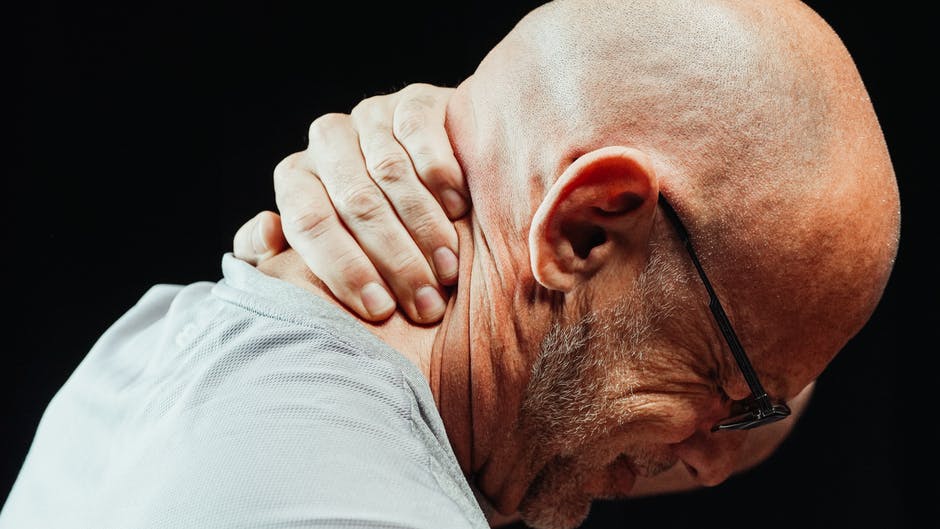It’s one of life’s wonderful pleasures: the extraordinary sensation of a jaw-stretching yawn.
First, you feel it coming, the slowing of your heartbeats, the cooling of your brow, the stiffening of your jaws . . .
Wait a second. What’s this? Instead of experiencing deep relaxation, all you’re feeling is pain.
The joy of yawning has been interrupted by pain?
Well, it’s possible. Neck pain when yawning might be unfamiliar to you, but we have some answers on the matter. So let’s dive into the different causes of neck pain.
Poor Posture
Poor posture is often the primary cause of neck pain. When your neck and shoulders are in an incorrect position during the day, it can cause tension to build up in the muscles. This can lead to pain when stretching.
So you need to maintain good posture. Sit up straight with shoulders, back, and neck in line with the spine.
Avoid holding your phone with your neck bent to look at it. Don’t sleep on a too-soft mattress. And take regular breaks from sitting.
Aging
As we age, our bodies begin to experience changes that can cause pain and discomfort. And yawning can be a trigger for neck pain due to aging.
The cervical spine, or neck, has seven vertebrae that can shrink due to the aging process. This causes the neck muscles to become tighter and stiffer. So proper neck posture and stretching exercises are important to do as we age to avoid chronic neck pain.
Disc Herniation
Neck pain is a common symptom associated with disc herniation. This is when one of the discs that cushion the spine bulges or ruptures. This results in pressure on nerves near the spine when yawning, leading to pain.
People who suffer from disc herniation may experience neck pain when yawning or stretching. Bending forward or backward can cause extra stress on the disc, hence leading to neck pain.
Treatment of disc herniation includes medications, physical therapy, and even surgery.
Cervical Spondylosis
Yawning can cause neck pain related to cervical spondylosis. This occurs due to the irregular wear and tear of the bones and tissues in the neck. This then leads to the formation of osteophytes or spurs in the soft cervical discs.
When yawning, the neck moves in a prolonged and extreme way with muscle stretching. The spurs press on the nearby nerve endings, causing neck pain. So people with cervical spondylosis should take care to avoid deep yawning to prevent further neck injuries.
Fibromyalgia
Painful yawning can be a sign of fibromyalgia; it’s one of the medical conditions characterized by musculoskeletal pain. When fibromyalgia patients yawn, the muscles of the neck and shoulders may feel strained and painful. This is because the back of the mouth and throat become tense when yawning, and this tension can aggravate the neck and shoulder muscles.
So fibromyalgia patients need to take proactive steps to reduce stress. They need regular exercise, eat healthy and get enough sleep.
Don’t Ignore Neck Pain When Yawning
Neck pain when yawning is not something to ignore. If the pain persists, contact a physician for diagnosis, as it may be indicative of other issues.
Don’t wait. Make an appointment to get the answer you need so your neck pain can be alleviated.
Did you find this article helpful? If so, check out the rest of our site for more.
